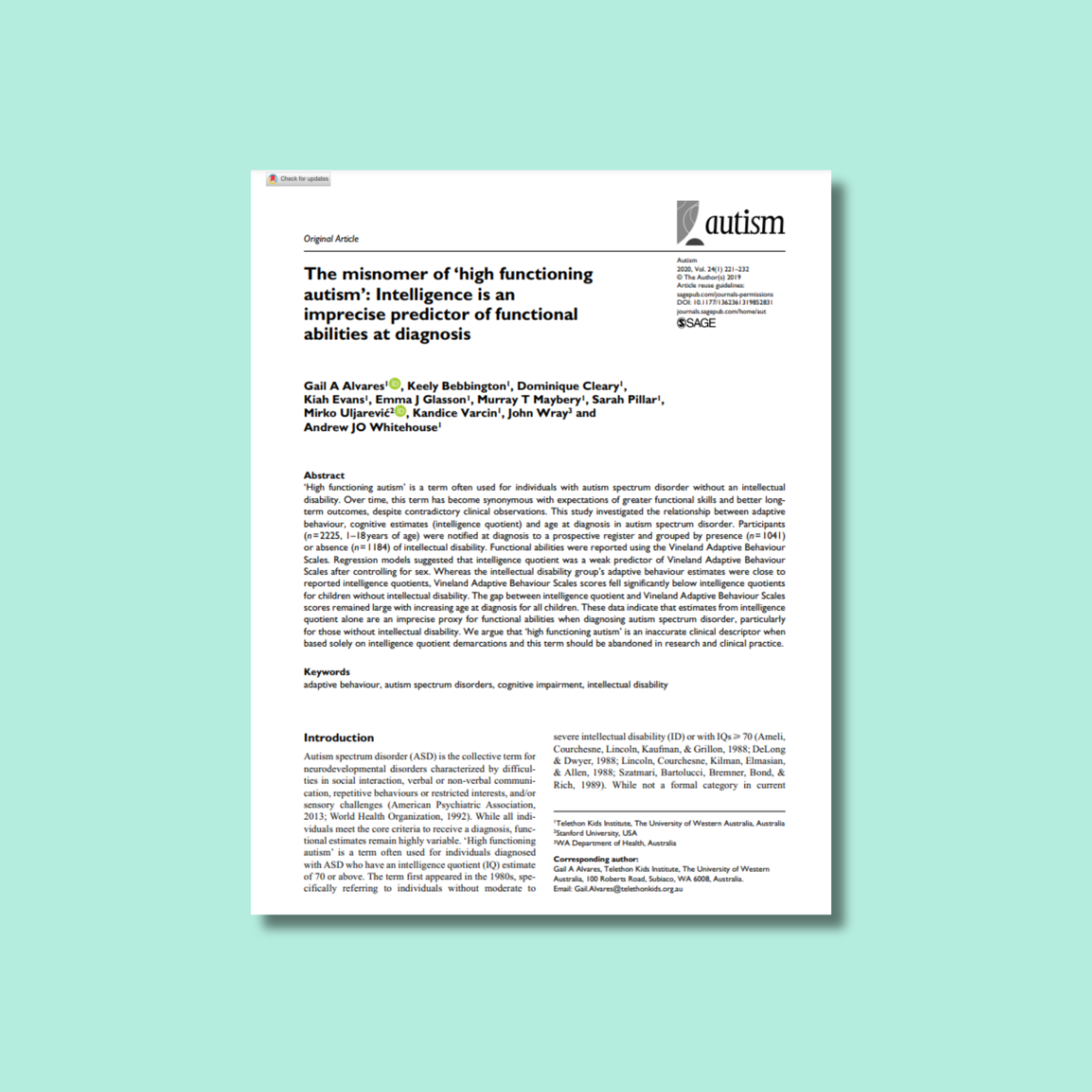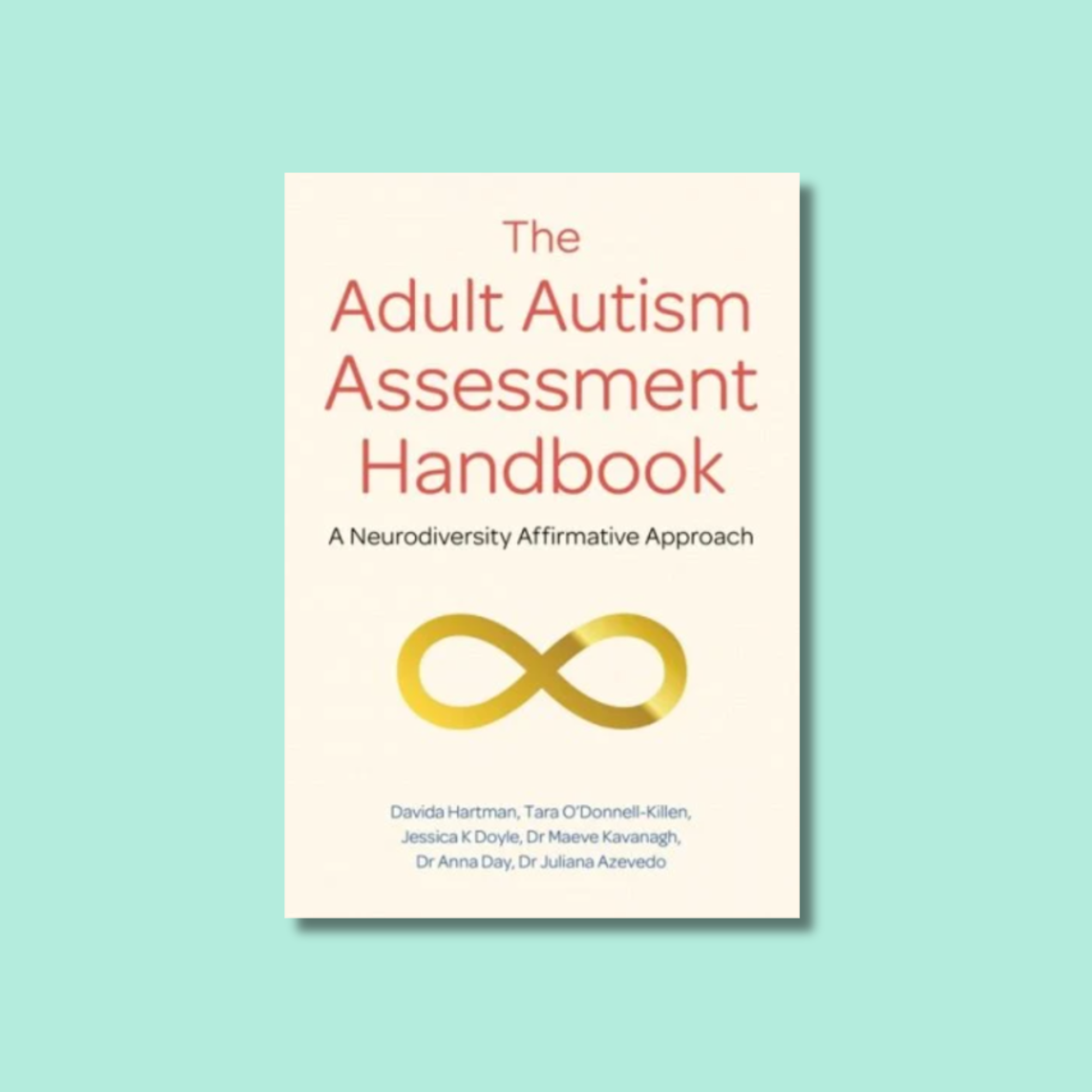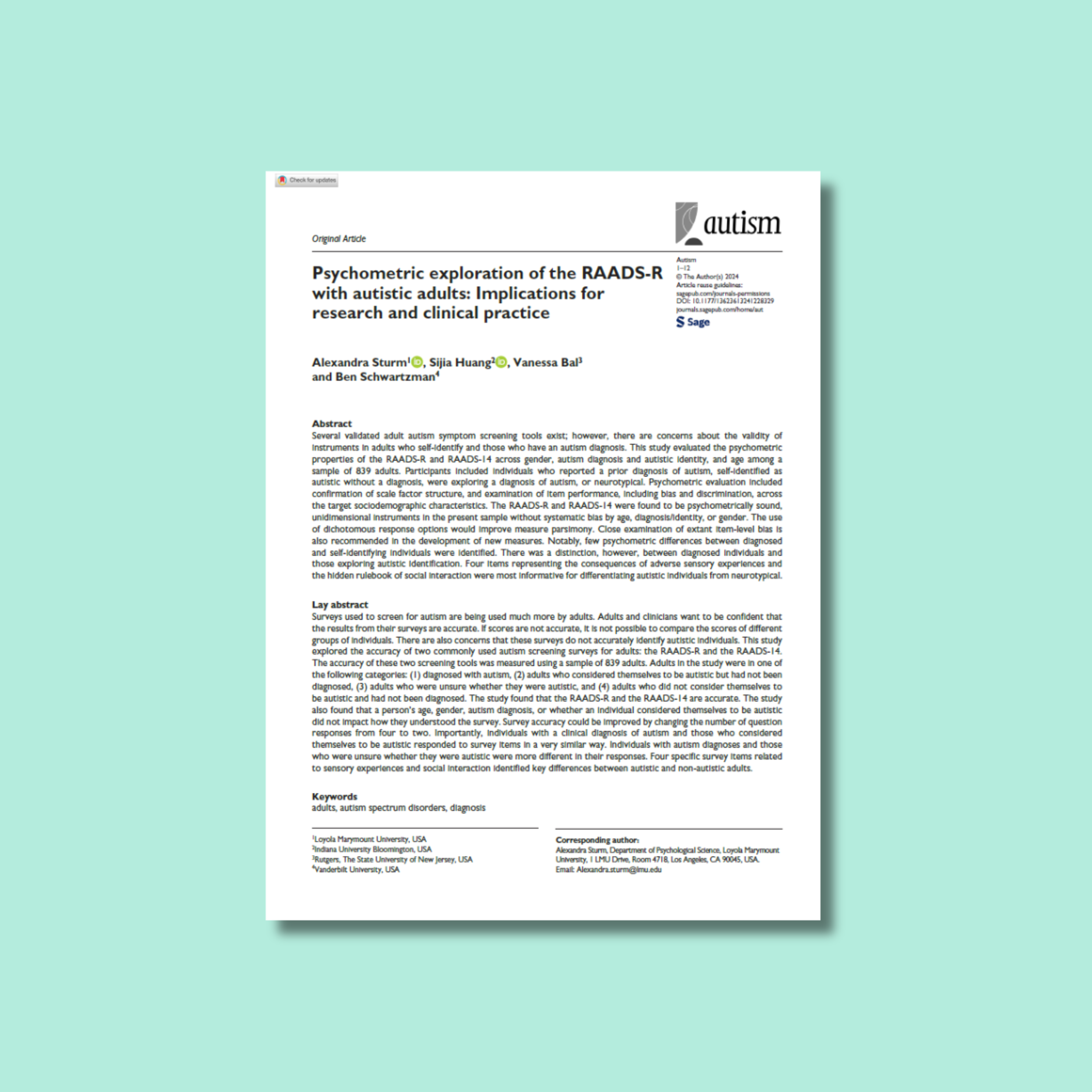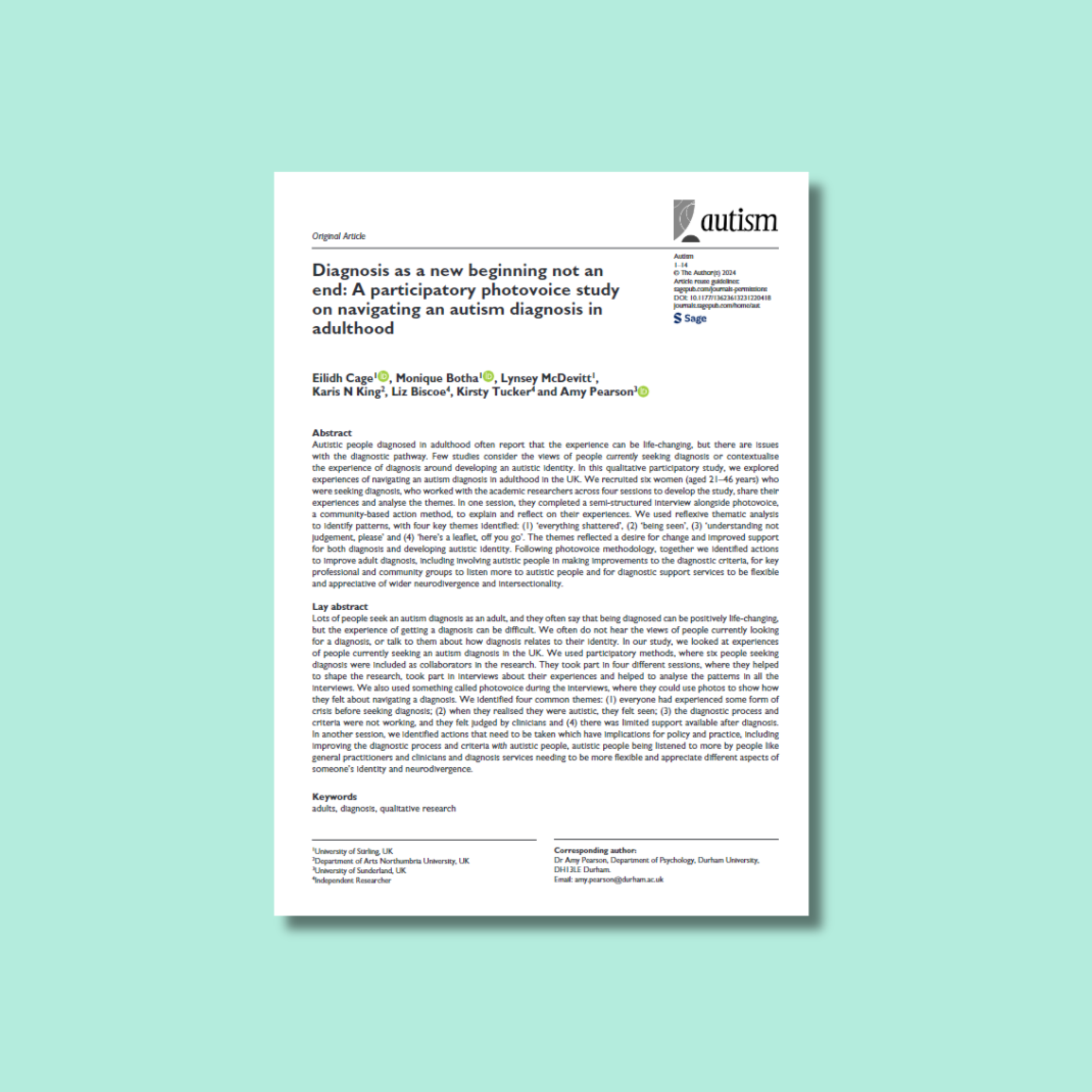 Image 1 of 1
Image 1 of 1


The Misnomer of ‘High Functioning Autism’: Intelligence is an Imprecise Predictor of Functional Abilities at Diagnosis
Alvares, Bebbington, Cleary, Evans, Glasson, Maybery, Pillar, Uljarević, Varcin, Wray and Whitehouse (2020)
This study shows that using the term "high functioning autism" based only on IQ is misleading. It found that autistic children without intellectual disability often have much lower everyday life skills than their IQ suggests, and this gap grows with later diagnosis. The researchers argue that IQ doesn’t accurately reflect real-life abilities, so the term “high-functioning autism” should no longer be used in research or clinical settings.
Alvares, Bebbington, Cleary, Evans, Glasson, Maybery, Pillar, Uljarević, Varcin, Wray and Whitehouse (2020)
This study shows that using the term "high functioning autism" based only on IQ is misleading. It found that autistic children without intellectual disability often have much lower everyday life skills than their IQ suggests, and this gap grows with later diagnosis. The researchers argue that IQ doesn’t accurately reflect real-life abilities, so the term “high-functioning autism” should no longer be used in research or clinical settings.






